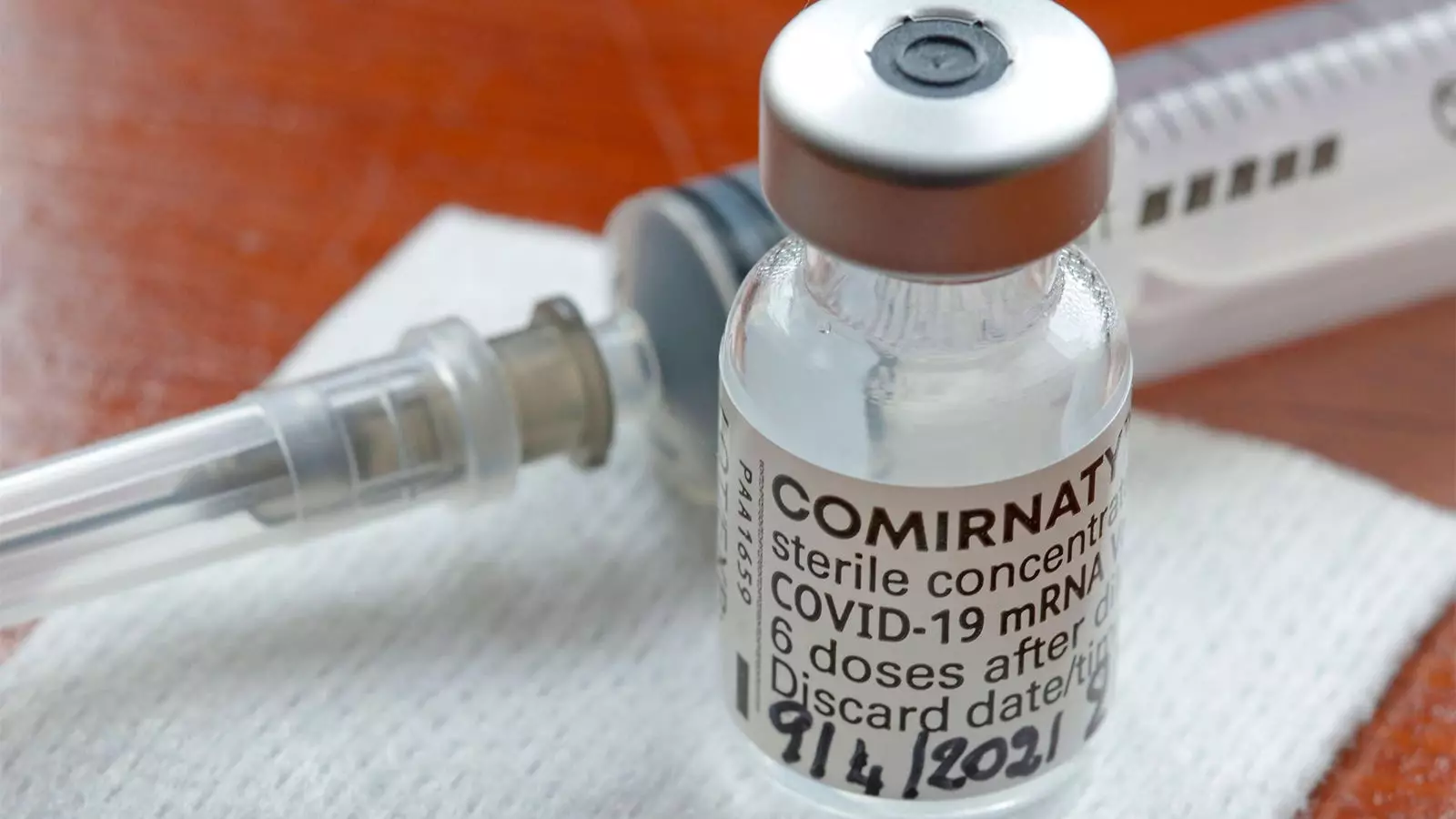Receiving an mRNA COVID-19 vaccine during the first trimester of pregnancy has been a topic of concern for many expectant mothers. A recent multisite retrospective cohort study sought to address these concerns by evaluating the potential risk of major structural birth defects associated with first-trimester vaccination. The study, led by Elyse Kharbanda, MD, MPH, from the HealthPartners Institute in Bloomington, Minnesota, aimed to provide valuable insights into the safety of COVID-19 vaccination for pregnant individuals.
Findings of the Study
The study found that there was no increased risk of major structural birth defects in infants whose mothers received a first-trimester COVID-19 vaccination compared to those who did not. The occurrence of birth defects was similar in both groups, with a prevalence ratio of 1.02 (95% CI 0.78-1.33). Furthermore, when birth defects were grouped by organ system, no significant differences were observed between the vaccinated and unvaccinated groups. These findings offer reassurance to pregnant individuals and their healthcare providers regarding the safety of first-trimester COVID-19 vaccination.
The study adds to the existing body of research supporting the safety of COVID-19 vaccination for pregnant individuals. It aligns with recommendations from the American College of Obstetricians and Gynecologists advocating for COVID-19 vaccination during any trimester of pregnancy. The research also highlights the importance of addressing concerns around vaccine safety in pregnancy and providing data-driven evidence to guide decision-making.
Pamela Berens, MD, an obstetrician/gynecologist at the McGovern Medical School at UTHealth Houston, expressed her support for the study findings. She emphasized the significance of such research in reassuring individuals who may have concerns about the safety of COVID-19 vaccination during pregnancy. Berens underscored the importance of continuous evaluation of vaccine safety in pregnancy to promote positive maternal and neonatal outcomes.
Study Limitations
While the study provides valuable insights, it is essential to acknowledge its limitations. The research focused on live births, excluding pregnancies that resulted in stillbirth due to severe birth defects. Additionally, the study did not account for folic acid use, which could potentially impact birth outcomes. Furthermore, only mRNA COVID-19 vaccines were analyzed, limiting the generalizability of the findings to other vaccine platforms.
The study on first-trimester mRNA COVID-19 vaccination during pregnancy offers valuable evidence on the safety of this practice. The findings provide reassurance to pregnant individuals and healthcare providers and support the continued recommendation for COVID-19 vaccination across all trimesters. Further research is warranted to explore long-term outcomes and safety considerations related to COVID-19 vaccination during pregnancy.


Leave a Reply